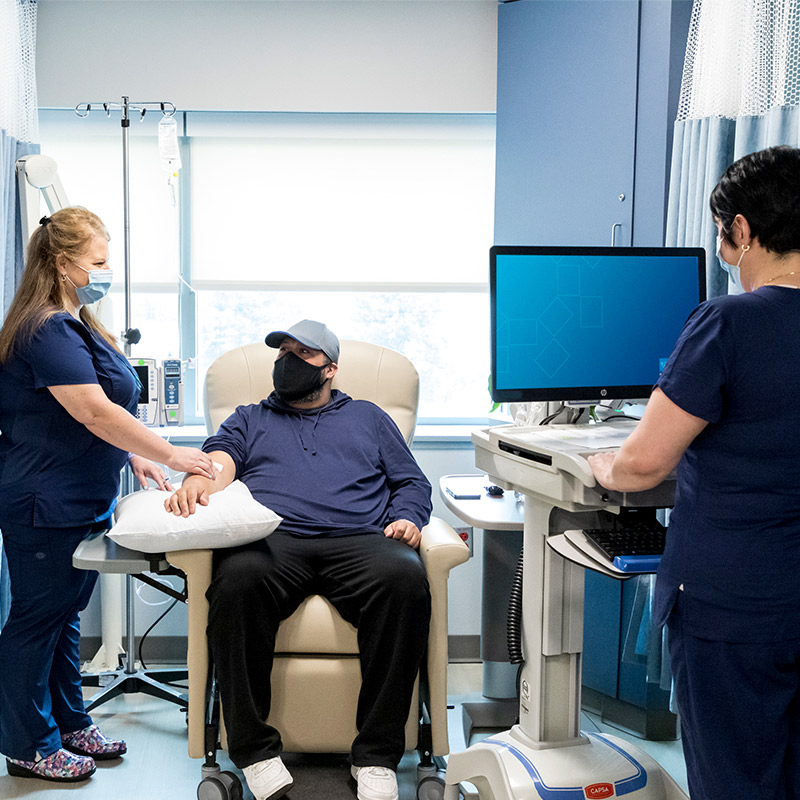Early Signs of Multiple Sclerosis

June 07, 2023
Multiple sclerosis, an autoimmune condition that affects the brain, the spinal cord, and the optic nerves, can be hard to identify. It can cause a wide range of symptoms, and some of them are common, with multiple causes. Knowing more about the early signs can help to catch cases early.
The Early Signs of MS
Multiple sclerosis is neurodegenerative, meaning it can cause permanent damage and deterioration of nerve fibers over time, but in the beginning, the most common symptoms are:
- tingling or numbness in one or more limbs
- weakness
- difficulty walking - whether in balancing, gait steadiness, or coordination
- vision problems, including double or blurred vision, pain when moving the eyes, or even partial or complete vision loss
“Multiple sclerosis can also cause more nonspecific symptoms, so it is important to be evaluated and rule out other possible diagnoses,” says neurologist Anuradha Singh, D.O.
Sexual, bowel, or bladder dysfunction, fatigue, slurred speech, mood disturbances, and cognitive issues (i.e, memory problems, word finding difficulties, and brain fog) can also be signs of MS.
Who is at risk of multiple sclerosis?
The most common population for MS diagnosis is women aged 20-50s, and women make up almost three times as many diagnoses as men — though this may be changing.
The specific cause isn’t known, but there are environmental and genetic risk factors. If you have a familial history of MS, you have a higher risk of developing it yourself, although some MS patients have no cases among their relatives, suggesting it is not an inherited disease.
Although more information is needed, there is also a correlation between MS and vitamin D deficiencies, smoking and obesity. While most common amongst Caucasian women of north European descent, African Americans tend to experience more severe progression of symptoms.
Are the signs different in women versus men?
While initial symptoms of MS tend to be the same regardless of gender, the disease itself can look different.
“There are two major forms of multiple sclerosis — relapsing and progressive,” said Dr. Singh. Those with relapsing MS will experience a relapse, or attack, of neurologic symptoms, with stability in between these episodes. Those with progressive MS will experience a slow gradual decline due to the disease once it starts.
It appears men experience progressive MS more frequently, especially later in life.
When to Speak to a Doctor
Because the signs of MS can be hard to identify, it can also be difficult to know when you should speak to a medical professional.
“If you have any of the early signs - numbness or tingling, weakness, loss of vision - you should reach out to a doctor,” said Dr. Singh. “Sometimes these symptoms may have other causes, but it’s better to seek medical attention sooner rather than later.”
Next Steps & Resources:
- Meet our source: Anuradha Singh, D.O.
- To make an appointment with Dr. Singh, or a doctor near you, call 800-822-8905 or visit our website.
The material provided through HealthU is intended to be used as general information only and should not replace the advice of your physician. Always consult your physician for individual care.






